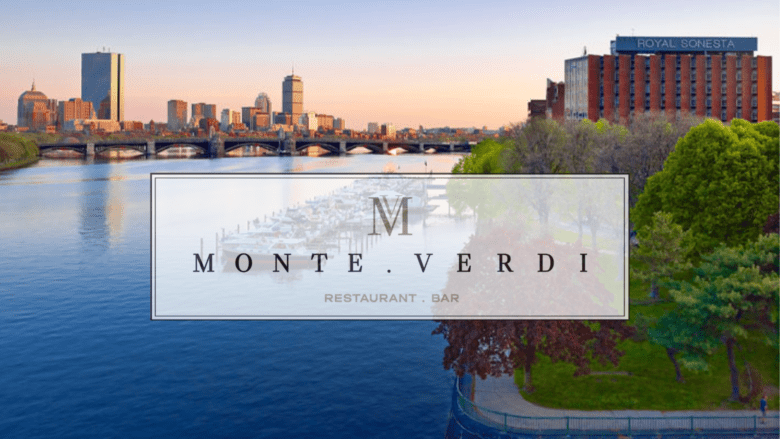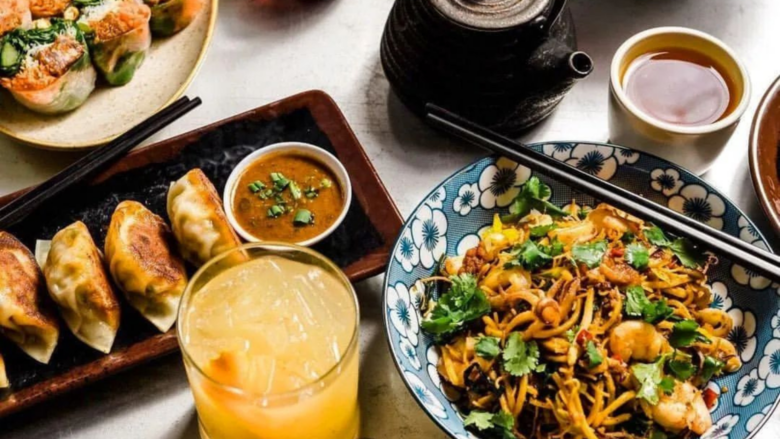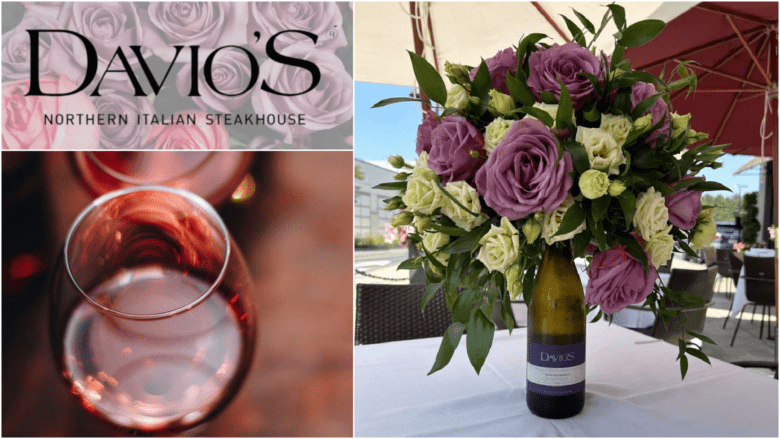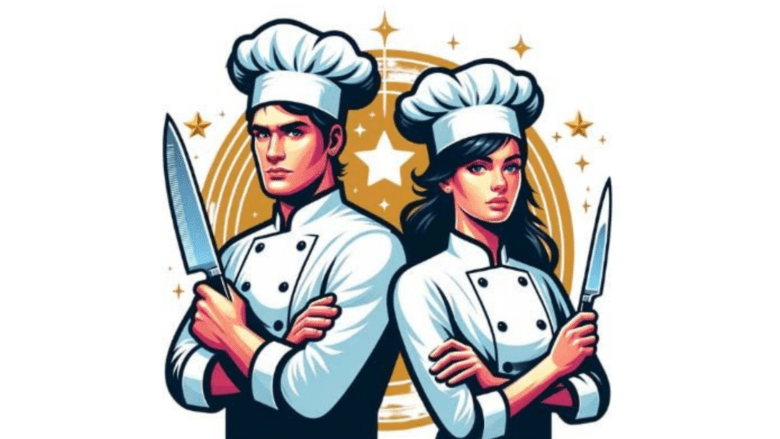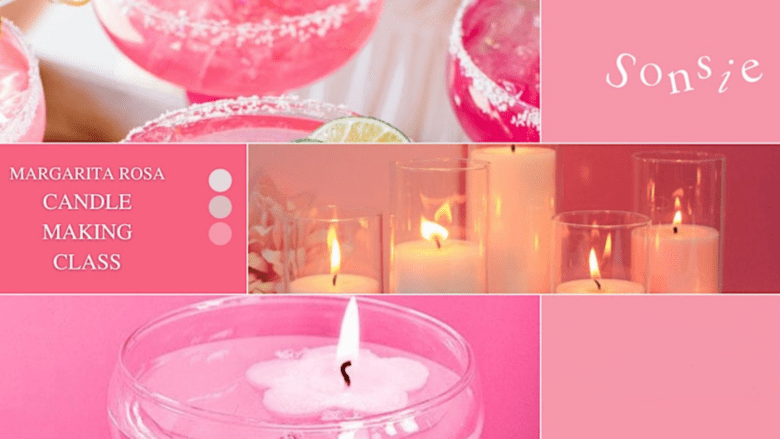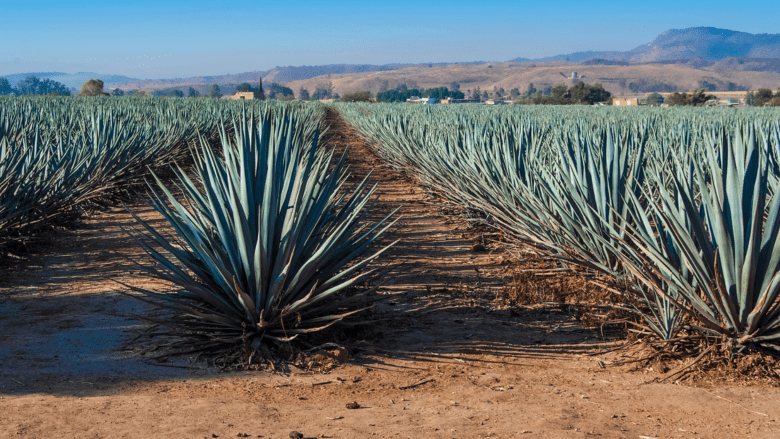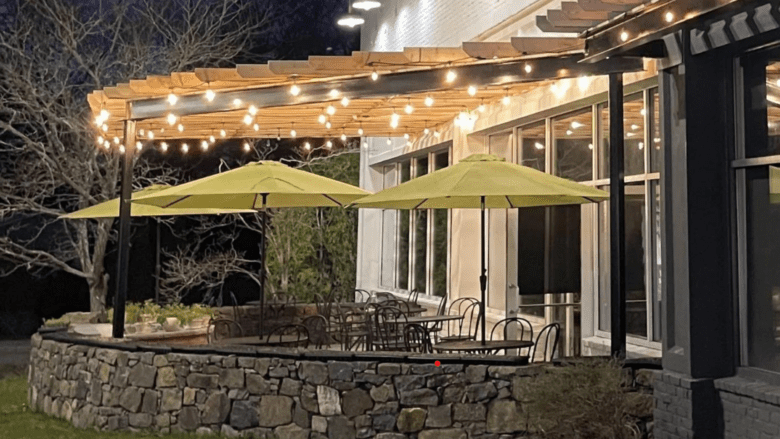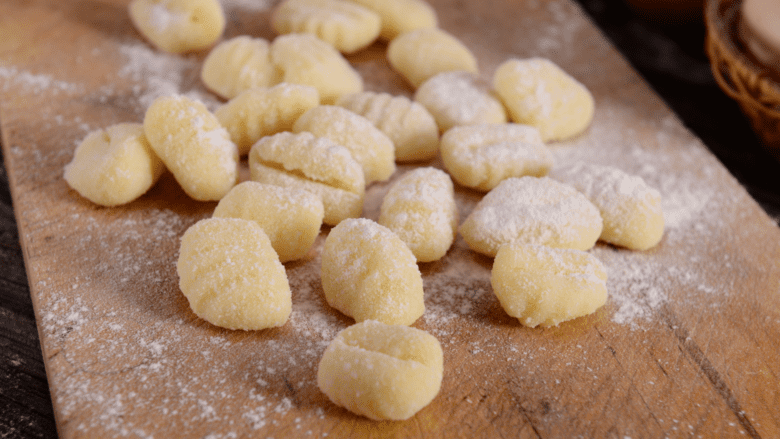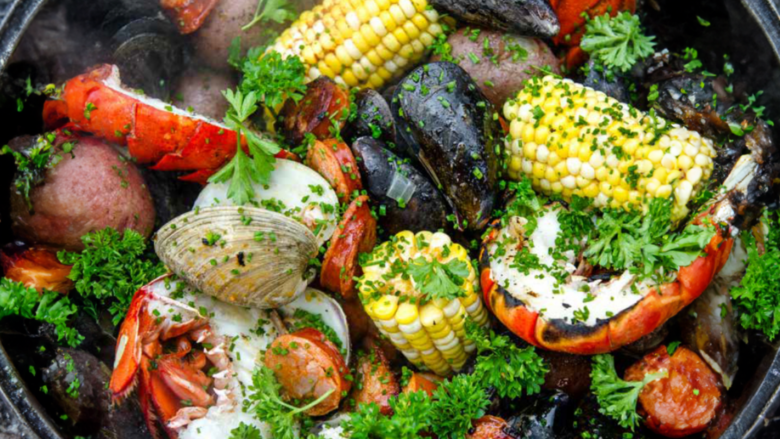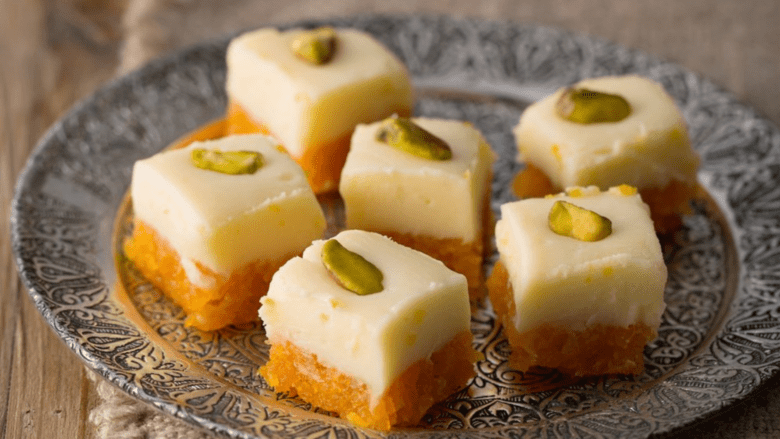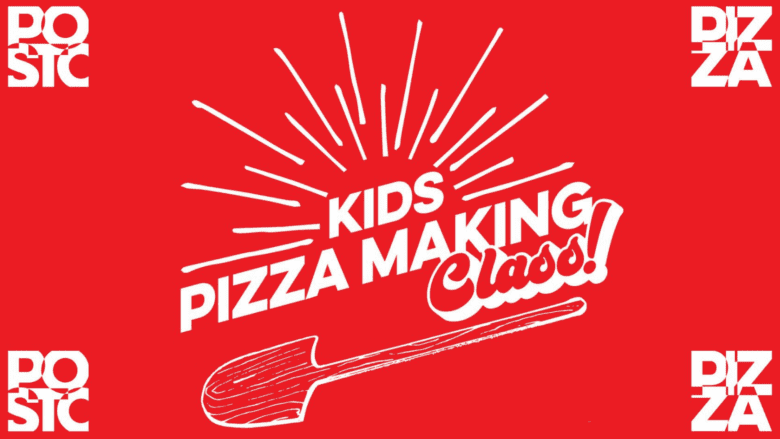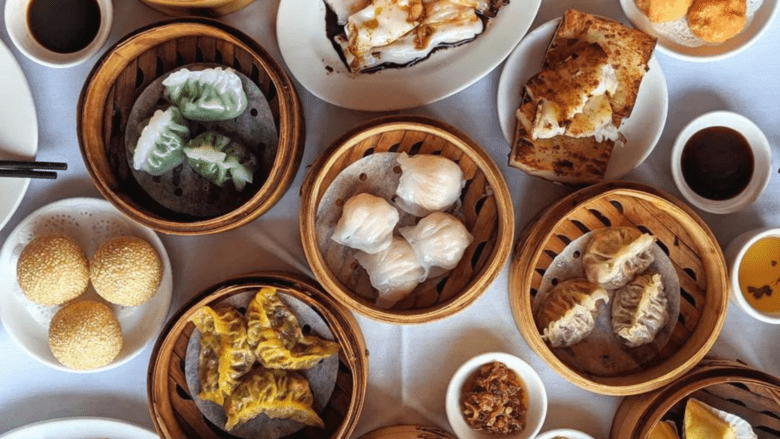Chef Daniel Boulud has restaurants all over the globe: Singapore, London, Montreal, New York City and Boston’s own Bar Boulud housed within the Mandarin Oriental. He’s been coming to Boston for years (“If I had a Boston passport, there would be quite a lot of stamps”) to cook with Julia Child and dine with friends like chef Barbara Lynch and chef Ken Oringer. As Bar Boulud celebrates its one year anniversary, Boulud talks East Coast tastes, culinary trends and chefly advice for aspiring cookers.
Bar Boulud celebrated its one year anniversary this month. That seemed to go very fast.
It’s only been a year. We have a great amount of regular customers. People come for many reasons; people come for the charcuterie program, which I think is quite unique; people come for the seafood; people come for the bar, for the cocktails, for the beer, for the bar food. People also come for the wine program with sommelier Joe Campo, who is really the best young sommelier in this town. This is the kind of restaurant where you can really learn about wine. We have an array of offerings and we try to work selectively with producers who are like us, who care about quality. It’s not about how expensive the wine is, it’s about how good the wine is, so we have very regional wines but we make sure that they’re done by a great wine maker.
How have you tailored the menu to Bostonian tastes?
Bostonians like everything. You can keep adding—they’ll love it. The charcuterie program is the real foundation. We stated the program eight years ago in New York and there wasn’t really any good French charcuterie in America. We make all of our ham, the jambon de Paris is the most delicious jambon you can get in the whole New England. We have a huge sausage program where we do merquez to Thai sausage to a New England sausage we created with New England cheddar. We have a burger called The Departed. We also do a New England clam bake that we want to make sure is as good as what people remember and more. This food has to have its identity, which is the fond memory of what the clam bake represents. We add our own touch with our own sausage and a special seasoning. And butter.
You do $1 oyster nights—oysters seem to be having a moment right now, charcuterie is having a moment. What’ the next culinary trend might be?
Are we all going to eat vegetables? Are we all going to become vegan? [laughs] I always practice a lot of vegetables in my cooking. I think the ultimate French cooking is a standard of composition with harmony of a protein, a vegetable and a sauce. We try to stay very true to those pillars of creating flavor: marrying protein with the flavor of vegetables, sauce and wine. Those four have to go well together. I think there’s an evolution of seafood and how we treat seafood—what will seasonal seafood become and how are we going to work with protecting it. And, of course, whole vegetables, like baked beets, baked carrots, baked celery. That’s quite in trend. Broccoli is having its moment, too.
What are some of the biggest changes you’ve seen since you started cooking?
Well, I think people like to refer back to the past and it’s good. I’ve always tried to refer back to the history of French cuisine, like in my cookbook Daniel: My French Cuisine and the food we do at Daniel which has a real sort of French DNA but with ingredients we find in America. The composition we create has a certain lightness to it and a certain sharpness that keeps evolving. We see that more and more in America—how to maintain the classic and evolve with it and I think we’ll keep seeing that the true art in cooking is the simplicity. People have a hard time understanding that and it takes a really good chef to cook simple and delicious. It’s expected to do more and more combinations, more layers, more texture and, to me, what will remain from all that? What will be left from all of this overwhelming creativity 20 years from now, 30 years from now?
If you had to give an aspiring chef your words of wisdom, what would you tell them?
I would say it’s important to keep it simple. And first, to buy my book, A Letter to a Young Chef. [laughs] I’m going to do a revision because the book is almost 20 years old and a lot happens in 20 years. I would definitely say it’s important to learn from everywhere but to really stay focused on who you are and who you want to be, and what you want to leave behind as a chef. Really define who you are. There are some building blocks in my career that are still there solid and supporting me. Now what I put on those blocks keeps changing and evolving. I think for someone who aspires to be a great chef it’s important to first really practice with a good mentor—you don’t want to be your mentor but you really want to be yourself. Today, maybe more than before, when you name somebody a chef de cuisine, first they have to be a very good cook; they have to be someone capable of managing their team; they have to be capable of creating things with you and also mentally creating, participating in the creative process. Then, after, it’s the commitment to this profession, the passion, that will tell you if you are going to be a great chef for a long time. It’s an expensive hobby to cook, and it requires assistance and support. You have to be a very good manager to manage that hobby and today more than ever you have to be a very good manager of your team.



